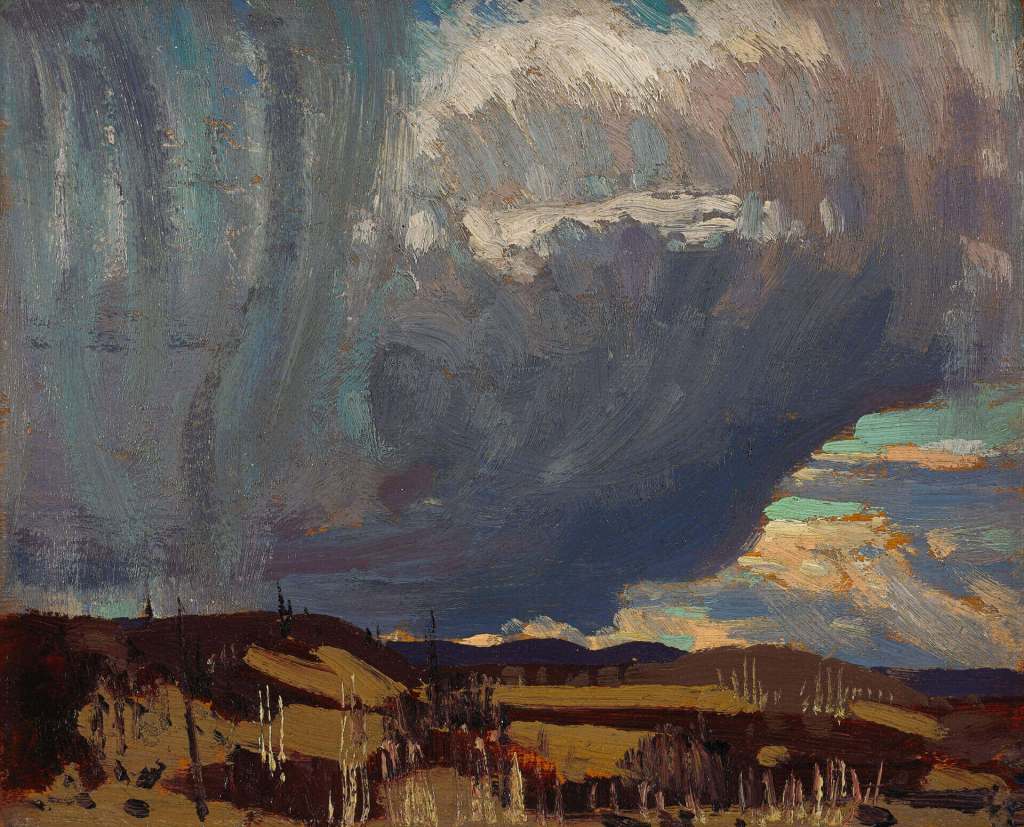Expression: I make music to express my feelings, my emotions.
Experiment: I make music to create feelings and emotions.
Expression: I feel a connection between the sounds and how I feel inside.
Experiment: I notice a connection between my process and the sounds.
Expression: There’s a story to my music.
Experiment: Story is something we overlay onto the music. Music isn’t about anything.
Expression: The rhythms, melodies, harmonies, and timbres are like characters.
They do things and they go places.
Experiment: They do things and go places, I agree. But they are variable parameters and values, not characters.
Expression: You make music sound soulless, like scientific research.
Experiment: Well, you make it sound like an ego trip.
Expression: I lose myself in my music all the time, so I doubt that my ego is involved.
Experiment: But you refer to the music as yours. That assumes a lot–like an owning ego.
Expression: You don’t feel you own the music you make?
Experiment: No. I get excited by it sometimes, but can’t take much credit for its making.
Expression: So who or what takes credit for making the music?
Experiment: The process does.
Expression: Which is what exactly?
Experiment: Sometimes the process is my improvisations at an instrument.
Other times it’s the ways I manipulate and edit the sound.
Expression: How can you not take credit for improvising, manipulation, and editing?
Surely those are all processes that require musical skill or a sense of what is musical?
Experiment: I don’t take credit for them because I’m not trying to express anything. I’m just tinkering around, trying things out. It’s simple stuff. Anyone could do it. My contribution is paying attention.
Expression: You make it sound like play, or an experiment.
Experiment: Yes! Music is a playful experiment in paying attention. I like that formulation. What is it for you?
Expression: For me music is a way of coping with my life, a way of saying things I couldn’t say otherwise.
Music is an encounter with mystery that articulates in a thousand shades of subtlety.
Experiment: I agree with that last bit. So what kinds of music do you like?
Expression: I like all kinds of stuff–anything that connects with a lot of people–like rock and pop, and also Romantic classical music. Anything that has soul and give me goosebumps. You?
Experiment: I’m not sure what you mean by soul…But I like instrumental music–nothing with voices at all, though I make an exception for Arvo Part. J.S. Bach’s keyboard stuff is great. Some Indian instrumental music. I like random wind chimes blowing in the wind. I also listen to electronic music. Autechre are good.
Expression: It sounds like you don’t really like that much music or like music that much?
Experiment: Probably you’re right. There’s too much noise and spectacle in how music goes about its business. Silence is often more interesting for me because…it allows me space to think. Music co-opts my thinking, leaving so little room for anything else and that annoys me. Anyway, how much favorite music does one need?
Expression: The more the better! I think you’re missing out on the kaleidoscope of human expression through sound–the chaos, the buzz, the grit, the highs and lows.
Experiment: The less the better! I think you’re missing out on the clarity of simplicity.
Expression: Perhaps. At least we agree that music is always worthy of our attention, right?
Experiment: Absolutely.
Expression: Music is pure expression, giving wings to the mind and flight to the imagination. (Plato)
Experiment: Music is pure experiment, a hypothesis that works for a while. (Burrows)


Leave a comment